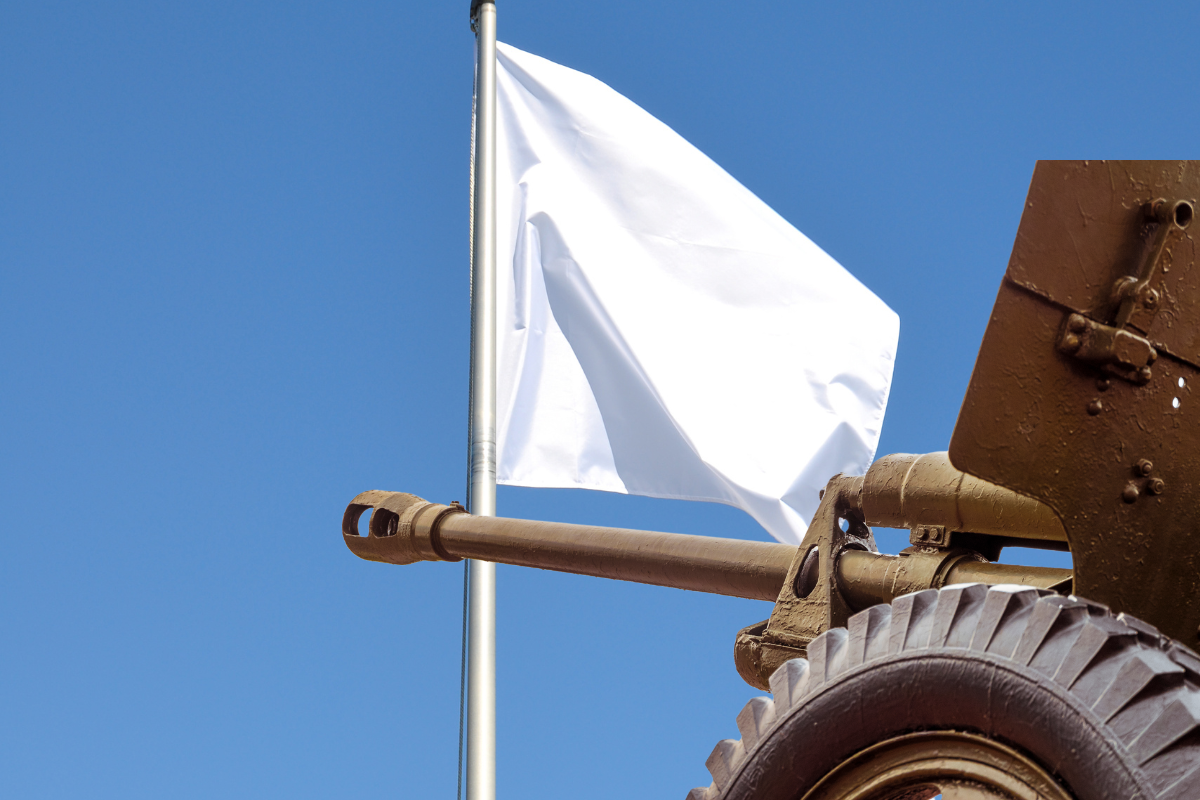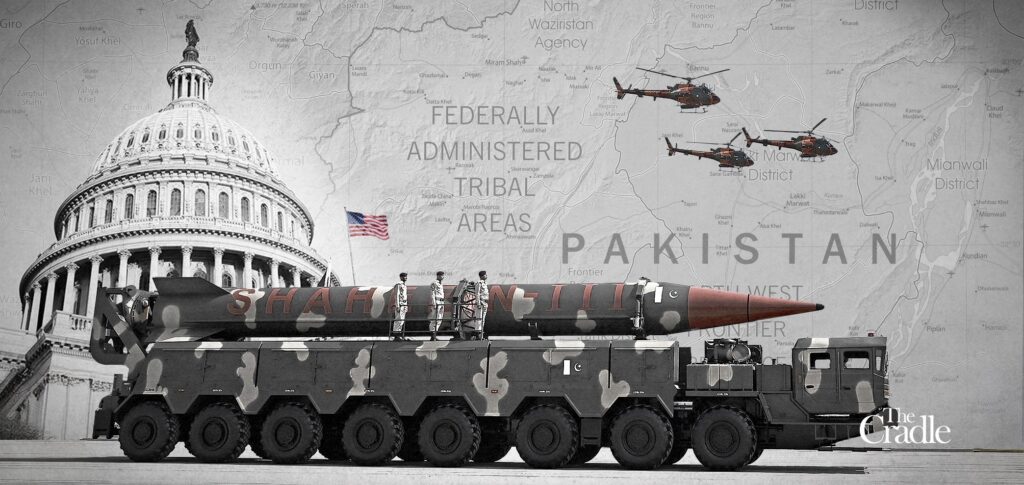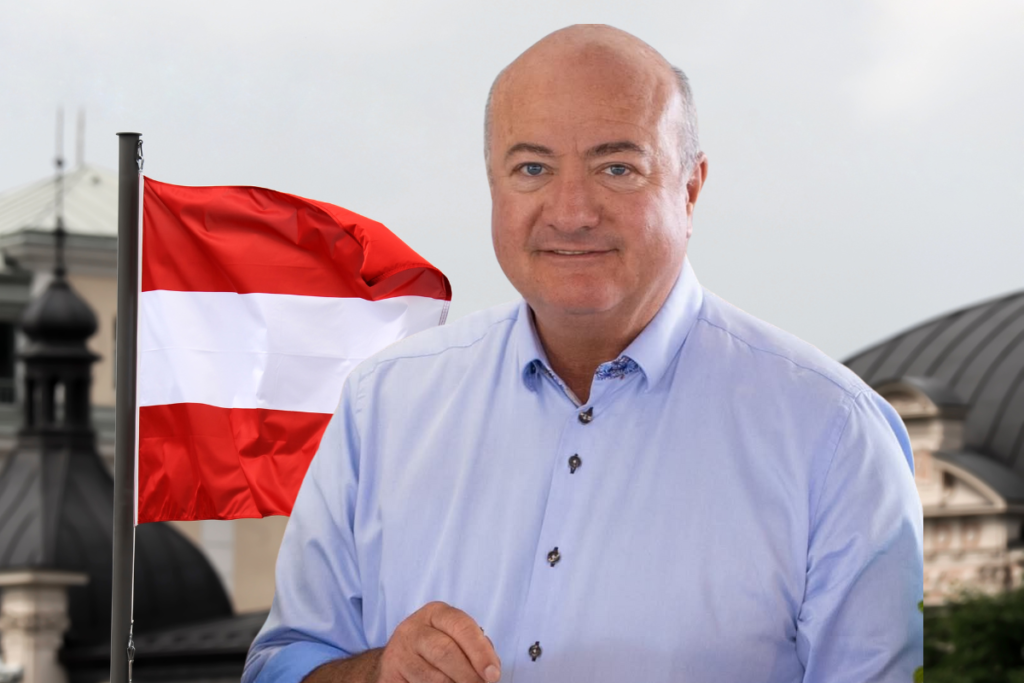In a significant move tied to ongoing efforts to stabilize the region, Israel released 90 Palestinian prisoners on Sunday as part of a ceasefire agreement reached after weeks of escalating violence in Gaza. The release, a cornerstone of the deal mediated by Egypt and Qatar, underscores attempts to de-escalate tensions and address long-standing grievances in the decades-old conflict.
The prisoners, many of whom had been detained without formal charges under Israel’s controversial administrative detention policy, were transported to various checkpoints in the West Bank and Gaza. Families and local communities gathered to welcome them home, marking a rare moment of reprieve amidst the region’s volatile backdrop.
This agreement follows nearly two months of clashes that resulted in the deaths of over 200 Palestinians, including civilians and militants, and at least 30 Israelis. The violence reached a boiling point with cross-border rocket attacks and retaliatory airstrikes, prompting international actors to intervene.
Ceasefire Deal: A Glimmer of Hope Amid Persistent Uncertainty
The ceasefire deal, brokered last week with the help of Egyptian and Qatari diplomats, includes multiple provisions aimed at preventing further escalations. Alongside prisoner releases, Israel agreed to ease restrictions on the entry of essential supplies into Gaza, a move intended to alleviate the worsening humanitarian crisis in the blockaded territory.
Hamas, the de facto governing authority in Gaza, has welcomed the prisoner release but cautioned against what it perceives as insincere gestures. “The freedom of our people is non-negotiable,” said a spokesperson for the group, emphasizing their continued demand for an end to the occupation and the blockade.
Meanwhile, Israeli officials have framed the decision as a “necessary concession” to restore calm, though domestic critics have expressed concern about the potential security risks. Right-wing lawmakers have condemned the move, accusing Prime Minister Benjamin Netanyahu’s administration of compromising Israel’s safety for short-term gains.
Challenges to Long-Term Peace
The release of prisoners and temporary truce have offered some respite to the people of Gaza, where living conditions remain dire due to years of blockade and repeated military operations. However, analysts warn that such agreements often fail to address the root causes of the conflict, including disputes over land, sovereignty, and security.”
The release is a symbolic gesture, but it doesn’t solve the underlying issues,” said Dr. Leila Abu-Rahman, a Middle East analyst based in Amman. “Without a comprehensive approach to peace talks, these agreements are often just a pause in the violence.”
In Gaza, the streets were filled with mixed emotions as families celebrated the return of their loved ones while remaining wary of what the future might hold. “We are happy to have him back, but we are still trapped in a prison called Gaza,” said Amal, the sister of one freed detainee.
International Response and Future Prospects
The international community has cautiously welcomed the development. United Nations Secretary-General António Guterres praised the ceasefire as “an important step toward restoring stability” but reiterated the need for a two-state solution.
The Biden administration has also expressed support for the truce but urged both sides to engage in meaningful dialogue. “We commend the efforts made to secure this ceasefire and call on all parties to focus on long-term solutions that ensure peace and dignity for both Israelis and Palestinians,” said a U.S. State Department spokesperson.
As the region remains on edge, observers are watching closely to see whether this fragile agreement can hold. For now, the release of the 90 prisoners serves as a hopeful yet cautious reminder that even in the midst of conflict, steps toward reconciliation are still possible.
While celebrations continue in Gaza and the West Bank, the path to lasting peace remains fraught with challenges, and the world watches, hoping this moment signals a shift toward a more stable future.



